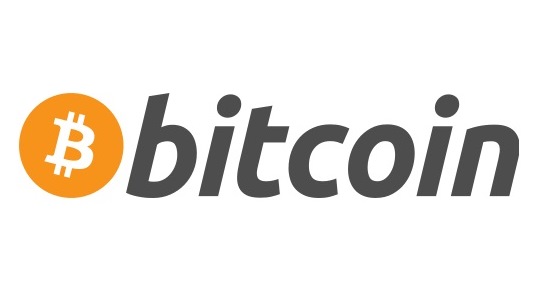Banking, finance, and taxes
Did the Virtual Currency Bitcoin Just Get a Terminal Diagnosis?
Published:
The phenomenal move in Bitcoin has been monumental, but a serious dose of reality is now hitting the virtual currency. Having risen from less than $100 to more than $1,200 made Bitcoin the new virtual gold trade, but on a parabolic basis. Now the currency has received a crushing blow from China, and the currency was called a bubble by former Federal Reserve Chairman Alan Greenspan.
24/7 Wall St. has been more than puzzled by the rise of Bitcoin. It is a virtual currency, limited to 21 million full units, and you cannot ever physically hold a bitcoin. There is no nation behind it that can levy a tax, there are no physical resources behind it and there is no armed forces system that can defend its interests.
China looked as though it would endorse Bitcoin, but the Chinese dealt the currency a reversal of fortune. The People’s Bank of China announced that Bitcoin was barred from use in all of China’s financial institutions. The good news is that individuals and non-financial companies can still use Bitcoin. The bad news is that the bank says they do so at their own risk.
In a Bloomberg TV session Wednesday, Alan Greenspan crawled out of the crypt and said in an interview that Bitcoin was likely a bubble. He at first responded to whether it was a bubble saying, “I guess so.” He then became a bit more pointed and called it a bubble outright, saying that currencies have to be backed by something real and that he cannot understand its backing.
MtGox and other Bitcoin exchanges all show different prices, but Bitcoin’s value fell by 30% before recovering a bit. The last trade on MtGox was $1,086, but the low was $870 earlier, and against a cycle high of $1,242 for Bitcoin.
Ask yourself this one question: How many real currencies drop by 30% in a day or in a month?
The average American spends $17,274 on debit cards a year, and it’s a HUGE mistake. First, debit cards don’t have the same fraud protections as credit cards. Once your money is gone, it’s gone. But more importantly you can actually get something back from this spending every time you swipe.
Issuers are handing out wild bonuses right now. With some you can earn up to 5% back on every purchase. That’s like getting a 5% discount on everything you buy!
Our top pick is kind of hard to imagine. Not only does it pay up to 5% back, it also includes a $200 cash back reward in the first six months, a 0% intro APR, and…. $0 annual fee. It’s quite literally free money for any one that uses a card regularly. Click here to learn more!
Flywheel Publishing has partnered with CardRatings to provide coverage of credit card products. Flywheel Publishing and CardRatings may receive a commission from card issuers.
Thank you for reading! Have some feedback for us?
Contact the 24/7 Wall St. editorial team.